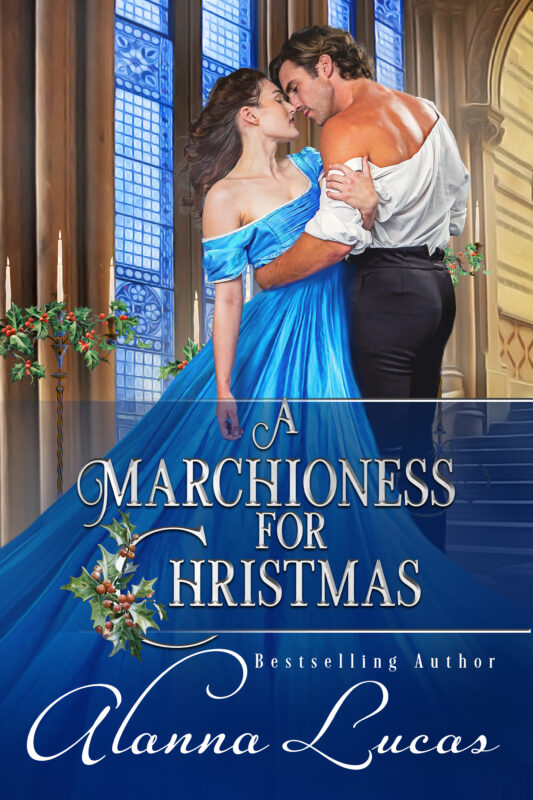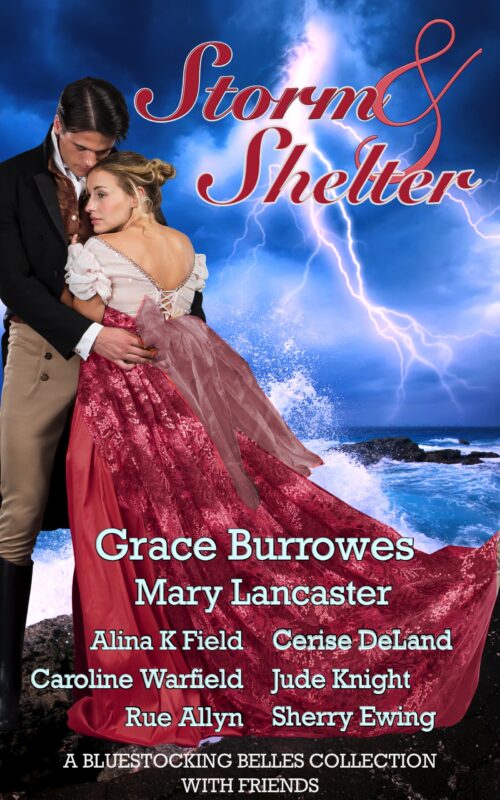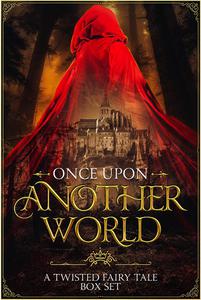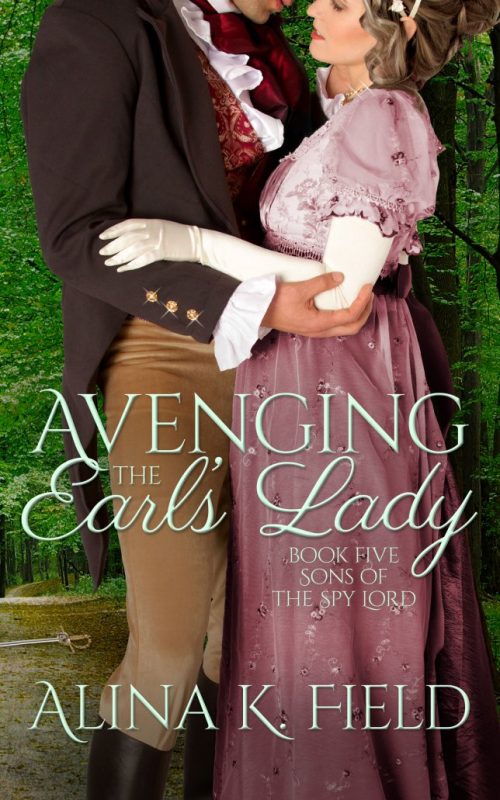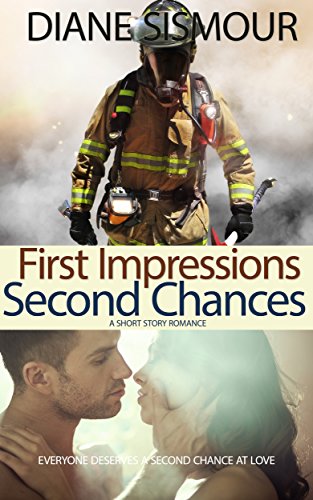May Featured Author: Neetu Malik
April 30, 2019 by Neetu Malik in category Featured Author of the Month tagged as May 2019 Featured Author, Neetu Malik, Poet's Day, poetry
Neetu Malik’s poetry is an expression of life’s rhythms and the beat of the human spirit. She draws upon diverse multicultural experiences and observations across three continents in which she has lived. She has contributed to The Australia Times Poetry Magazine, October Hill Magazine, Prachya Review, among others. Her poems have appeared in The Poetic Bond Anthology V and VI published by Willowdown Books, UK, NY Literary Magazine’s Tears Anthology and Poetic Imagination Anthology (Canada).
Her poem, “Soaring Flames”, was awarded First-Place by the NY Literary Magazine (2017). She has also been nominated for the Pushcart Prize, 2019 for her poem “Sacred Figs” published by Kallisto Gaia Press in their Ocotillo Review in May, 2018.
Neetu lives in Pennsylvania, USA.
Dear Extra Squeeze Team, What Kind of Editor Do I Need?
April 30, 2019 by The Extra Squeeze in category The Extra Squeeze by The Extra Squeeze Team tagged as Editors, proof reader
Dear Extra Squeeze Team, How do I know what kind of Editor to hire? What’s the difference between a developmental editor, a copy editor and a proof reader? Do I need all three?

USA Today Bestselling author of 35 books, including the Witness series and the new Finn O’Brien series.
In the spirit of full disclosure my fellow Extra Squeeze panel member, Jenny Jensen, is my editor. She has read and edited everything I have ever written.
She is all three rolled into one for me. Other clients will use her to proofread, copy edit and/or for developmental work.
Why do we work well together? Because a) she spends time understanding what my objective is with each book, b) she identifies shortcomings and offers suggestions on how to fix them, and c) she tells it like it is.
The last is very important to me. I don’t want to waste her time or mine, I don’t want praise when it isn’t warranted, I love it when she gives it because it’s deserved.
In my humble opinion, an author might possibly be able to copy edit (fix grammar, unwieldy phrasing, identify plot holes etc.) or proofread their work (missing words, typos) but it is almost impossible for us to properly evaluate the full content of our work.

Do you have a publishing question for The Extra Squeeze Team?
Use this form to send them to us.

Developmental editor who has worked for twenty plus years with new and established authors of both fiction and non-fiction, traditional and indie.
Good question. Answer from an editor: yes, you certainly could need all three, but the last two are critical.
A developmental editor works with an author at the macro level. The aim is to strengthen and/or develop the story. If you’ve hit a roadblock, or are uncertain of any aspect of your story and are looking for constructive feedback, or if working with an experienced fiction editor to bounce ideas is how you work best, use a developmental editor. Often my clients have several plot options in mind and with some energetic back and forth we find their direction.
The developmental process can begin at any stage. I’ve worked with clients who’ve just got a premise, characters sketches. Most have a detailed outline or a completed draft. The developmental editor focuses on plot, conflict, characterization, setting, resolution and narrative flow. A good developmental editor provides educated, useful input. It’s not about telling an author how to write the story. Developmental editing is about stimulating concepts, suggesting solutions and exposing what the writer has been blind to, always respecting an individual author’s voice.
A copy editor’s aim is to improve the writing. This is nuts and bolts editing and is done on an author’s absolute best, final draft—the one the author is confident of. Typos, incorrect grammar, punctuation, convoluted prose, poor word choice, issues with tense—anything that is incorrect or detracts from a smooth narrative flow is corrected. A copy edit is essential for a professional product, a book that stands the best chance to capture and keep readers, especially those who provide the all-critical reviews.
Proof reading is the final, micro level polish and can be done in conjunction with a copy edit. The proof reader catches errors that have been overlooked: there for their, your for you’re, to for too, etc., but also focuses on missing commas, dropped quotation marks, transposed words or letters. The list of possible errors that can slip past eyes that have been intent on story sense is scary. Again, this goes to professionalism. We’ve all read reviews that pan a book for typos. It’s those sorts of errors that can detract so heavily from an otherwise enjoyable read. Whatever else, all books should be proof read before publication. It should be law.
There are many sources to find editors. There’s me—I do all three types and I’ve got a lot of well-pleased clients! Reedsy has many free-lance contacts, as does She Writes. There are professional editor organizations: ACES has a very good list of freelance editors. Do an online search. Ask fellow writers; a personal referral is best. Be cautious of those “Publishers” that offer editorial services. A freelance editor with no vested interested in publishing your work is apt to provide more honest input.
Affiliate Links
A Slice of Orange is an affiliate with some of the booksellers listed on this website, including Barnes & Nobel, Books A Million, iBooks, Kobo, and Smashwords. This means A Slice of Orange may earn a small advertising fee from sales made through the links used on this website. There are reminders of these affiliate links on the pages for individual books.
Search A Slice of Orange
Find a Column
Archives
Featured Books
A MARCHIONESS FOR CHRISTMAS
Will Antonia be forced to endure yet another bleak midwinter?
More info →ONCE UPON ANOTHER WORLD: A Twisted Fairy Tale Box Set
Not all fairy tales are as they appear.
More info →ADVENGING THE EARL’S LADY
He’s the most irritating, inscrutable, insufferable lord in the kingdom.
More info →FIRST IMPRESSIONS SECOND CHANGES
Everyone deserves a second change at love.
More info →Newsletter
Contributing Authors
Search A Slice of Orange
Find a Column
Archives
Authors in the Bookstore
- A. E. Decker
- A. J. Scudiere
- A.J. Sidransky
- Abby Collette
- Alanna Lucus
- Albert Marrin
- Alice Duncan
- Alina K. Field
- Alison Green Myers
- Andi Lawrencovna
- Andrew C Raiford
- Angela Pryce
- Aviva Vaughn
- Barbara Ankrum
- Bethlehem Writers Group, LLC
- Carol L. Wright
- Celeste Barclay
- Christina Alexandra
- Christopher D. Ochs
- Claire Davon
- Claire Naden
- Courtnee Turner Hoyle
- Courtney Annicchiarico
- D. Lieber
- Daniel V. Meier Jr.
- Debra Dixon
- Debra H. Goldstein
- Debra Holland
- Dee Ann Palmer
- Denise M. Colby
- Diane Benefiel
- Diane Sismour
- Dianna Sinovic
- DT Krippene
- E.B. Dawson
- Emilie Dallaire
- Emily Brightwell
- Emily PW Murphy
- Fae Rowen
- Faith L. Justice
- Frances Amati
- Geralyn Corcillo
- Glynnis Campbell
- Greg Jolley
- H. O. Charles
- Jaclyn Roché
- Jacqueline Diamond
- Janet Lynn and Will Zeilinger
- Jaya Mehta
- Jeff Baird
- Jenna Barwin
- Jenne Kern
- Jennifer D. Bokal
- Jennifer Lyon
- Jerome W. McFadden
- Jill Piscitello
- Jina Bacarr
- Jo A. Hiestand
- Jodi Bogert
- Jolina Petersheim
- Jonathan Maberry
- Joy Allyson
- Judy Duarte
- Justin Murphy
- Justine Davis
- Kat Martin
- Kidd Wadsworth
- Kitty Bucholtz
- Kristy Tate
- Larry Deibert
- Larry Hamilton
- Laura Drake
- Laurie Stevens
- Leslie Knowles
- Li-Ying Lundquist
- Linda Carroll-Bradd
- Linda Lappin
- Linda McLaughlin
- Linda O. Johnston
- Lisa Preston
- Lolo Paige
- Loran Holt
- Lynette M. Burrows
- Lyssa Kay Adams
- Madeline Ash
- Margarita Engle
- Marguerite Quantaine
- Marianne H. Donley
- Mary Castillo
- Maureen Klovers
- Megan Haskell
- Melanie Waterbury
- Melisa Rivero
- Melissa Chambers
- Melodie Winawer
- Meriam Wilhelm
- Mikel J. Wilson
- Mindy Neff
- Monica McCabe
- Nancy Brashear
- Neetu Malik
- Nikki Prince
- Once Upon Anthologies
- Paula Gail Benson
- Penny Reid
- Peter Barbour
- Priscilla Oliveras
- R. H. Kohno
- Rachel Hailey
- Ralph Hieb
- Ramcy Diek
- Ransom Stephens
- Rebecca Forster
- Renae Wrich
- Roxy Matthews
- Ryder Hunte Clancy
- Sally Paradysz
- Sheila Colón-Bagley
- Simone de Muñoz
- Sophie Barnes
- Susan Kaye Quinn
- Susan Lynn Meyer
- Susan Squires
- T. D. Fox
- Tara C. Allred
- Tara Lain
- Tari Lynn Jewett
- Terri Osburn
- Tracy Reed
- Vera Jane Cook
- Vicki Crum
- Writing Something Romantic
Affiliate Links
A Slice of Orange is an affiliate with some of the booksellers listed on this website, including Barnes & Nobel, Books A Million, iBooks, Kobo, and Smashwords. This means A Slice of Orange may earn a small advertising fee from sales made through the links used on this website. There are reminders of these affiliate links on the pages for individual books.









